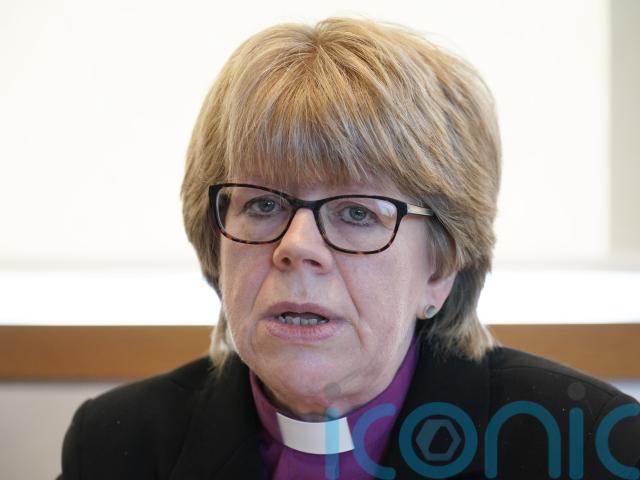
Peers have been urged to show “care and compassion” as they take part in a historic assisted dying debate in the Lords, with a record number expected to speak on the divisive issue.
While supporters of the proposed legislation said they will welcome further scrutiny of the Bill, some opponents say it must be resisted.
The Terminally Ill Adults (End of Life) Bill will be pored over by peers in a two-day debate, beginning on Friday.

The Second Reading stage will also take place on September 19, when the rest of the peers will speak and members could put the Bill to a vote.
While the Lords is seen mainly as a revising chamber, undertaking line-by-line scrutiny of draft laws which have already had initial approval in the Commons, peers can tell MPs to “think again” when they feel it necessary.
Supporters of assisted dying, including Childline founder Dame Esther Rantzen – who is terminally ill – have appealed to peers not to block the legislation.
Bills are generally not put to a vote at Second Reading stage in the Lords but peers can call for this, meaning they could vote against the proposed legislation at the end of debate next week.
If this happened the Bill would fall and parliamentary efforts to legalise assisted dying would have to start again.
Supporters say this could mean a chance to change the law would not come before Westminster for another decade – although Conservative MP James Cleverly told a Commons debate earlier this year that this does not have to be a “now or never” moment.
Around 190 peers have put their names down to have their say, and if they all speak across the two-day debate, the number would surpass the previous record of 187 for the EU Withdrawal Bill’s Second Reading in 2018.
Former lord chancellor and justice secretary Lord Charlie Falconer, who is the sponsor of the Bill in the Lords, said the proposed legislation will “benefit from the experience and expertise of the Lords, continuing the rigorous scrutiny that has marked this Bill’s passage so far”.
Voicing his confidence the Bill will have time to make its way into law before this session of Parliament finishes in spring, he said: “There is more than enough time for the Lords to scrutinise the Bill and return it to the Commons before the end of the parliamentary session.”
He added that he and Labour MP Kim Leadbeater, who introduced the Bill in the Commons last year, “will be very open” to any suggestions peers have for ways the Bill can be “further strengthened and improved”.
He said: “I am sure peers will now fulfil their role with great care and compassion, as they always do.”
Dame Esther – who branded the current law “cruel and messy” – said: “If the Lords can show the same care and compassion (as the Commons), it’s a unique opportunity for them to support and protect the most vulnerable.”

Opponents of assisted dying include Church of England bishop Dame Sarah Mullally, who has previously said the Bill as it stands must be opposed.
Speaking after the Bill passed a vote in the Commons in June – with a slimmer majority than a previous vote in November – she said peers “must oppose a law that puts the vulnerable at risk and instead work to improve funding and access to desperately needed palliative care services”.
Ahead of Friday’s debate, she said she intends to repeat her “deep concerns” and “grave fears” regarding the Bill’s “potential to disproportionately impact the most vulnerable in our society”.
Baroness Tanni Grey-Thompson, a Paralympian and long-time campaigner on the rights of disabled people, said she remains worried about possible coercion under a Bill she said also “fundamentally changes our relationship with medicine, with doctors”.
Supporters and backers of the Bill have described it as one of the safest in the world, requiring an application for an assisted death to be approved by two doctors and an expert panel.
The legislation, which would be open only to adults with a terminal diagnosis of less than six months to live, would apply across England and Wales if approved.
Subscribe or register today to discover more from DonegalLive.ie
Buy the e-paper of the Donegal Democrat, Donegal People's Press, Donegal Post and Inish Times here for instant access to Donegal's premier news titles.
Keep up with the latest news from Donegal with our daily newsletter featuring the most important stories of the day delivered to your inbox every evening at 5pm.